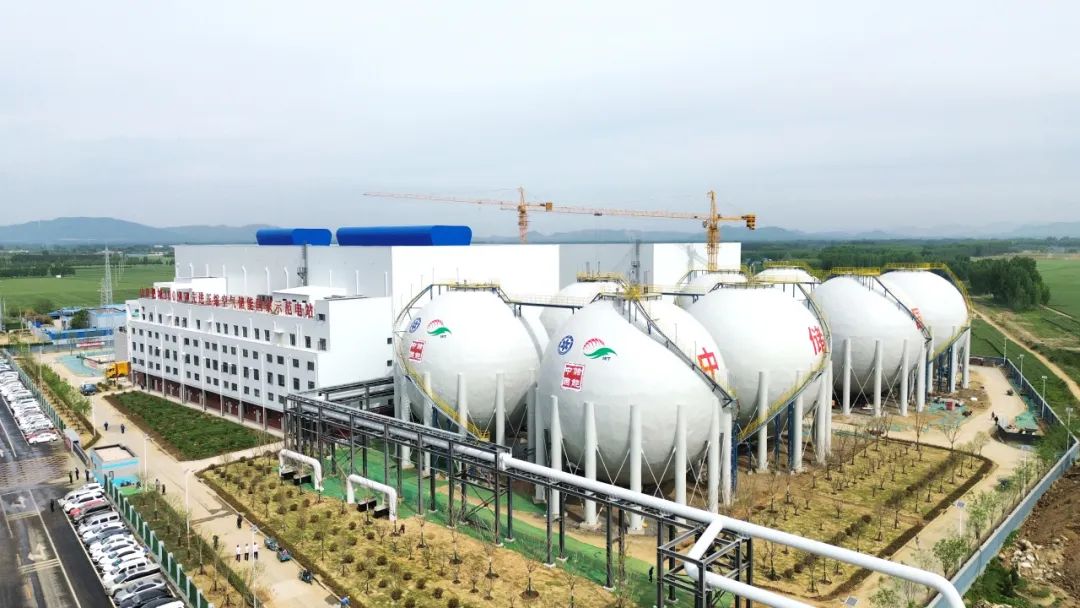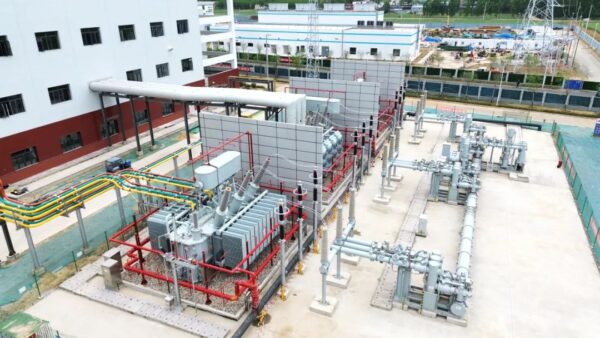World
World’s largest compressed air energy storage project comes online in China

Zhongchu Guoneng Technology Co., Ltd. (ZCGN) has switched on the world’s largest compressed air energy storage project in China. The $207.8 million energy storage power station has a capacity of 300 MW/1,800 MWh and uses an underground salt cave.
Chinese developer ZCGN has completed the construction of a 300 MW compressed air energy storage (CAES) facility in Yingcheng, China’s Hubei province.
The company said the storage plant is the world’s largest CAES system to date. Previously, the largest CAES facility was a 100 MW project switched on in October 2022 by the Institute of Engineering Thermophysics of the Chinese Academy of Sciences, also in China’s Hebei province.
ZCGN said the new system consists of a multi-stage wide-load compressor and high-load turbine expander, as well as a high-efficiency supercritical heat exchanger technology and integrated control technology. It claimed that the facility was 30% cheaper than the 100 MW project built by the Institute of Engineering Thermophysics and said its overall efficiency is 72%.
The $207.8 million facility boasts an energy storage capacity of 300 MW/1,800 MWh and occupies an area of approximately 100,000 m2. According to ZCGN, it is capable of providing uninterrupted power discharge for up to six hours, ensuring power supplies to between 200,000 and 300,000 local homes during peak consumption periods.
The station uses an underground salt cave with wells reaching depths of up to 1,000 meters. The cave boasts a gas storage capacity exceeding 500,000 cubic meters.
The facility has an estimated annual electricity generation of 600 TWh and is projected to save about 189,000 tons of standard coal consumption. It will reportedly reduce carbon dioxide emissions by approximately 490,000 tons per year.
The project’s investor has disclosed plans to offer various ancillary services to generate revenue through participation in China’s electricity trading market. It is anticipated that the project will yield an internal rate of return on capital of about 16.38%, with a payback period of around 7.1 years.
It is expected to offer essential power regulation functions to the Shandong provincial power grid, including peak shaving, frequency stabilization, phase shifting, and standby power.

This content is protected by copyright and may not be reused. If you want to cooperate with us and would like to reuse some of our content, please contact: editors@pv-magazine.com.










